At the summit, English educators, practicing teachers, teacher consultants, and librarians will discuss how YA literature can bring ourselves, our students, our colleagues, our communities, to a healthier place. After all, YA books help our marginalized students find safety, purpose, and agency. We know that books save lives.
|
There are ways that books as lifelines are being questioned. As articulated a few weeks ago on YA Wednesday, our newsfeeds are barbed wires instead of lifelines, populated with angry parents challenging books that each of us have come to value and love--books that have saved our students’ lives. However, Meg Medina, the 2019 Summit’s keynote, wrote, “Stop the Madness: Banning Books is Not the Answer'' on censorship: To pull books from a school library because of the discomfort they create in adults is a recipe for disaster. It erodes the trust young people have in the adults in their lives and pushes them to secrecy. It undermines the studied opinion of professional librarians and educators. It supports a false idea that there is one version of life that is acceptable. And, it denigrates the work of authors who are brave enough to name experiences that are difficult and real. Ashley Hope Perez, a keynote speaker at the 2020 UNLV Summit has aptly warned us that “attacks on books are proxy wars against people that some wish didn’t exist.” Laurie Halse Anderson, a keynote speaker at the 2018 UNLV Summit, has stated,“Censorship is the child of fear, and the father of ignorance. Our children cannot afford to have the truth of the world withheld from them. They need us to be brave enough to give them great books so that they can grow into the strong women and men that we need them to be.” |
Day one (virtual) will focus on empirical or conceptual research in the field.
Days two and three (in person) will employ a practitioner focus.
Those participating in all three days are welcome to attend with us in Las Vegas in person on the first day.
We are eager for you to join us in Vegas so that we can collaborate and discuss the state and value of YA literature. See you in June!
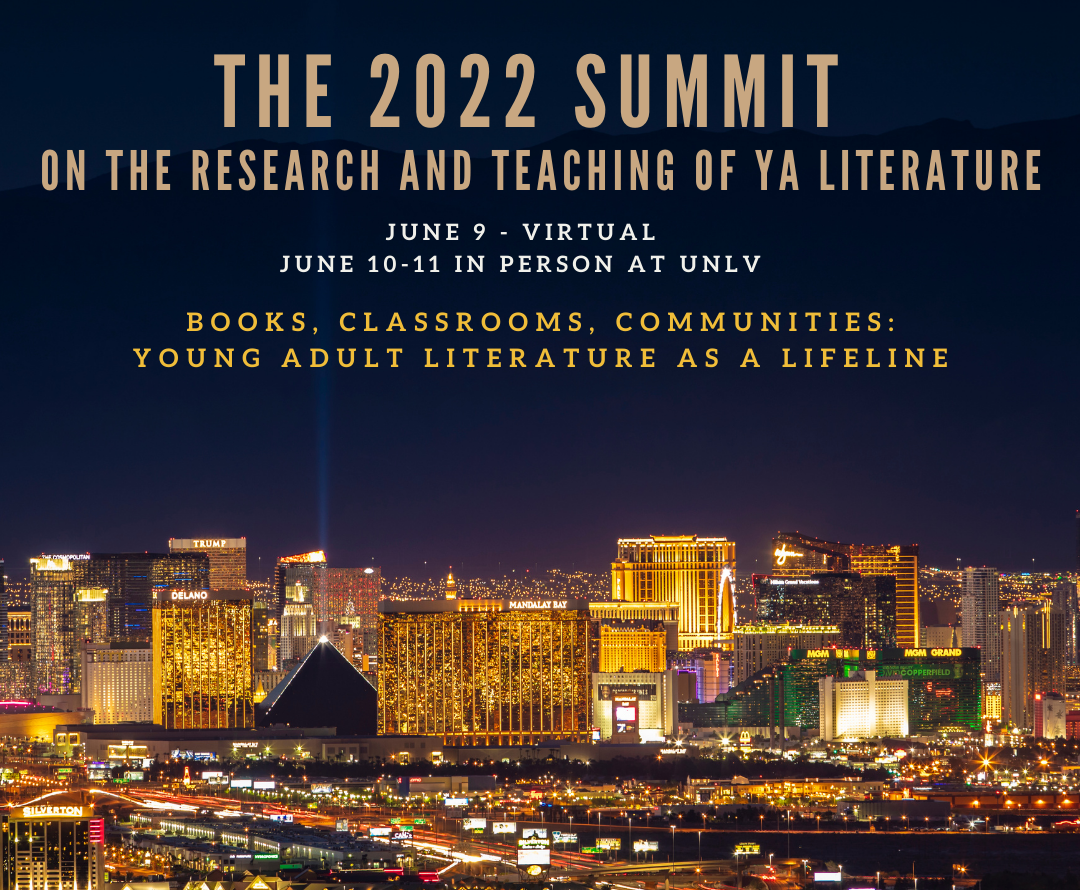



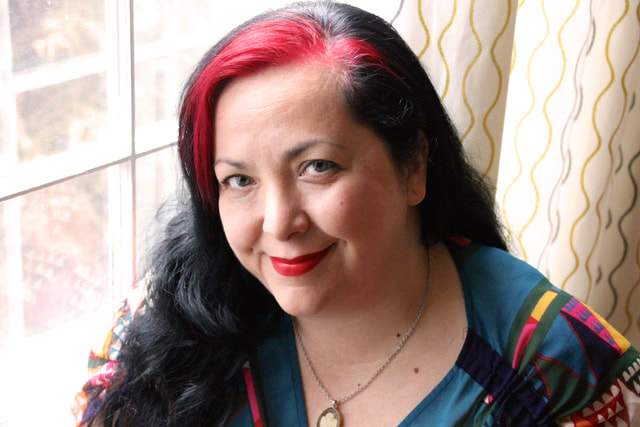

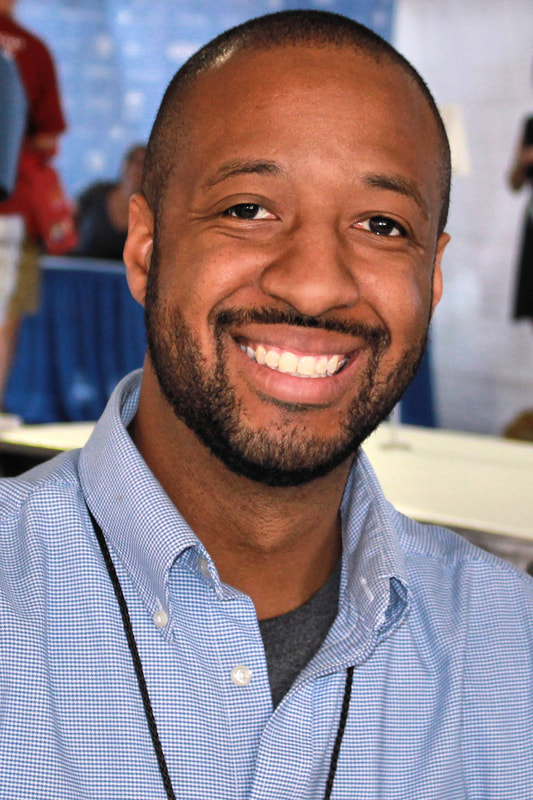
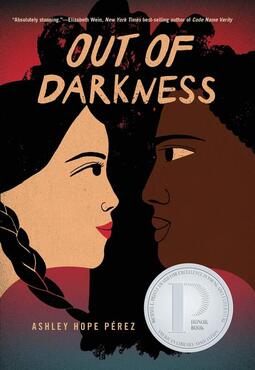
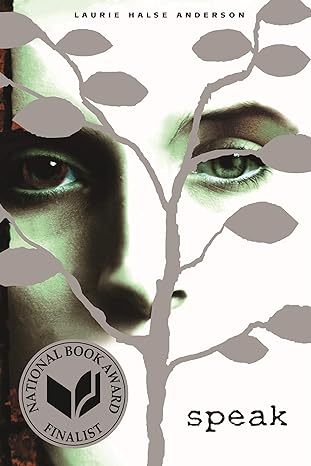

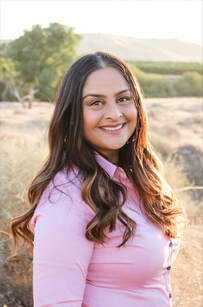
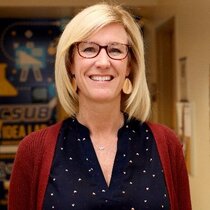
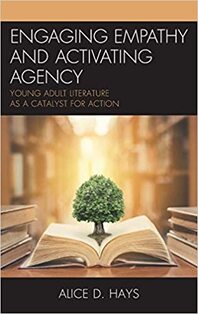
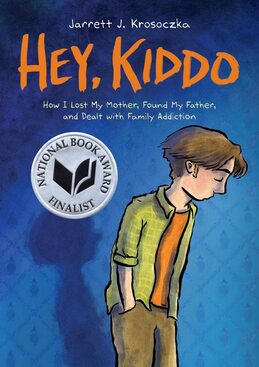

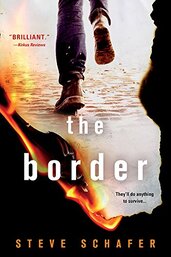
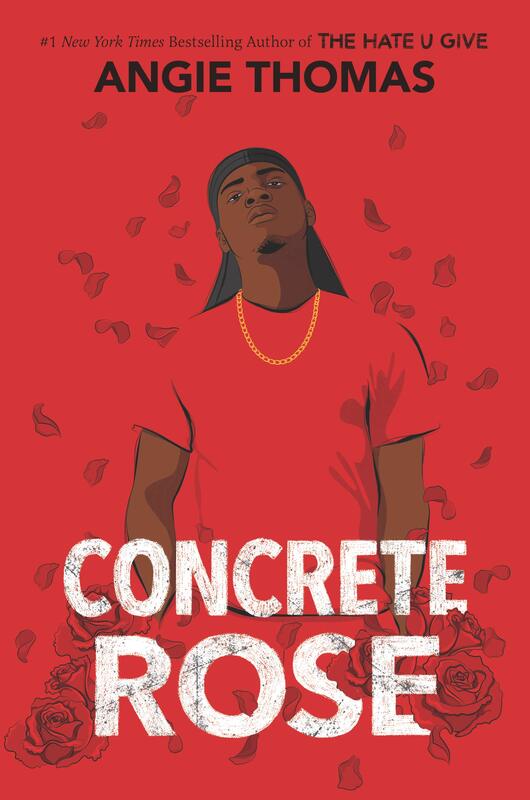
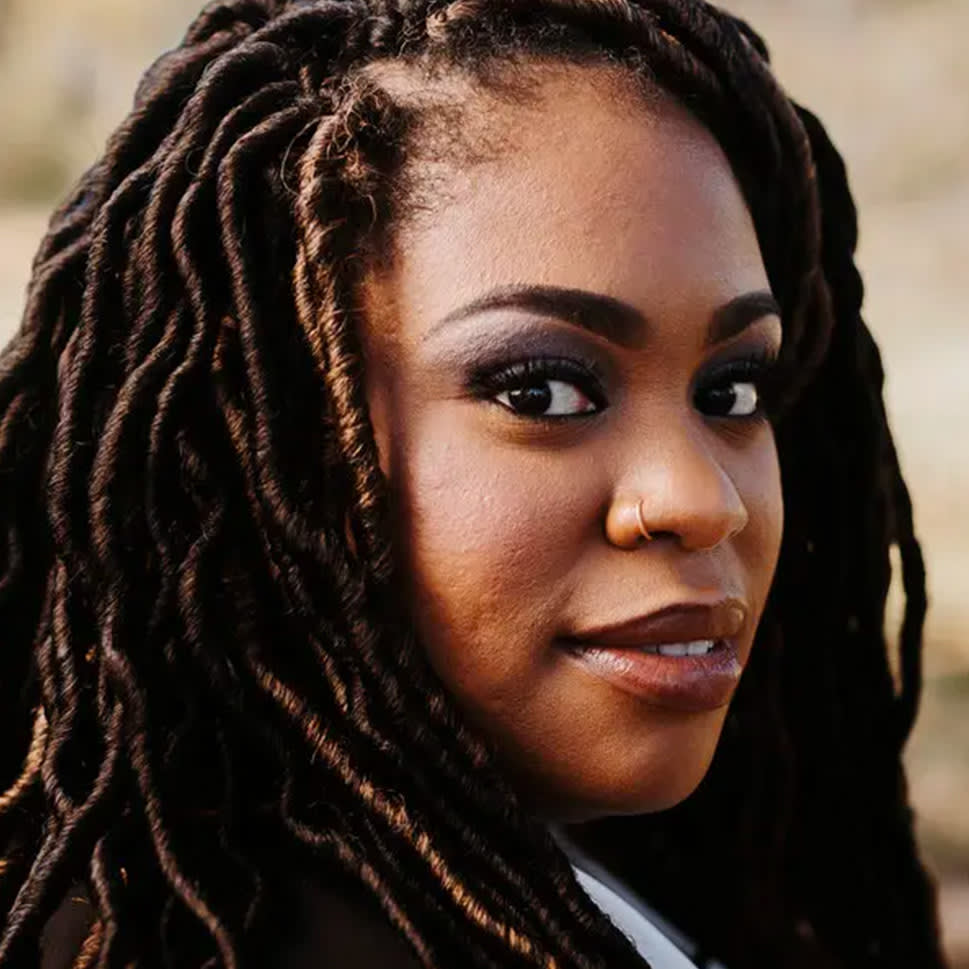
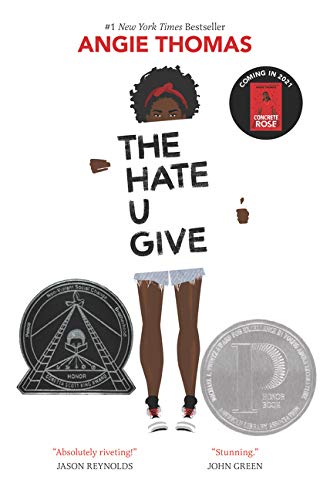
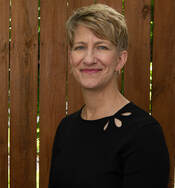
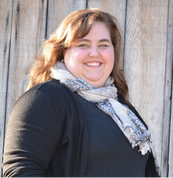



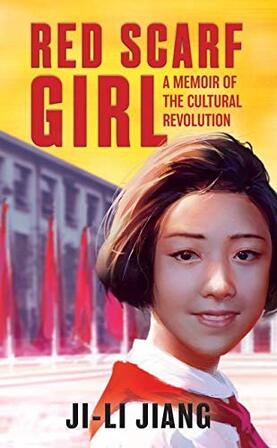
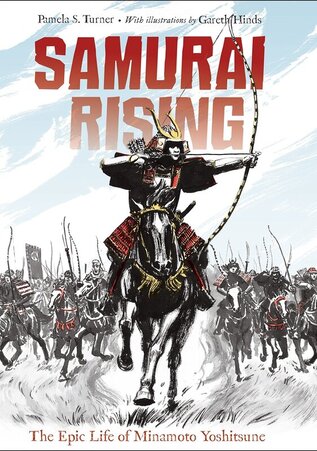

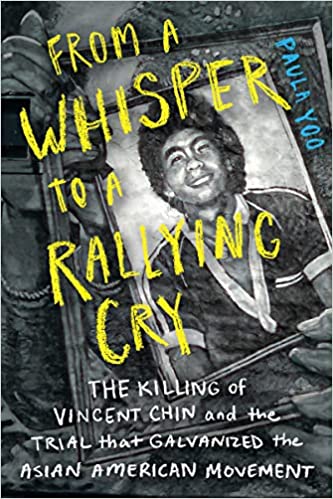
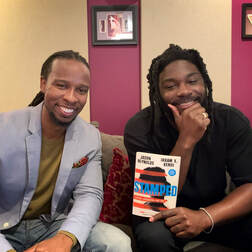
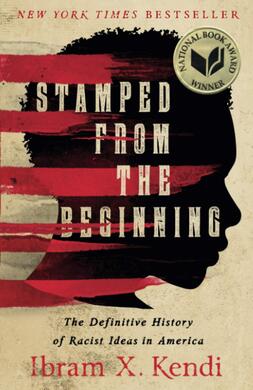
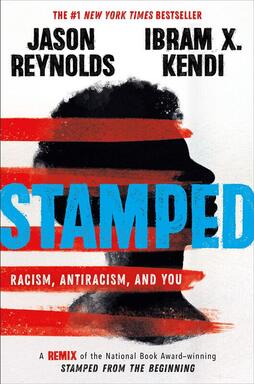
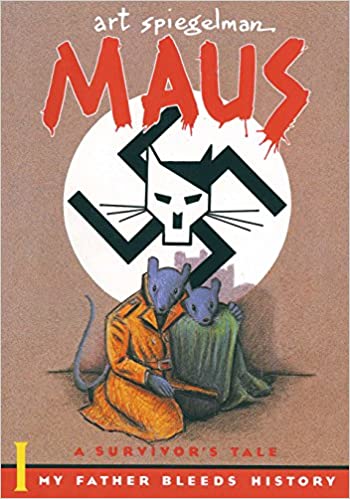
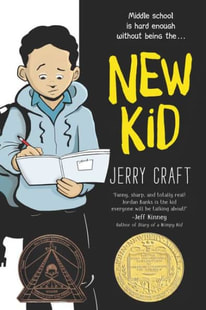
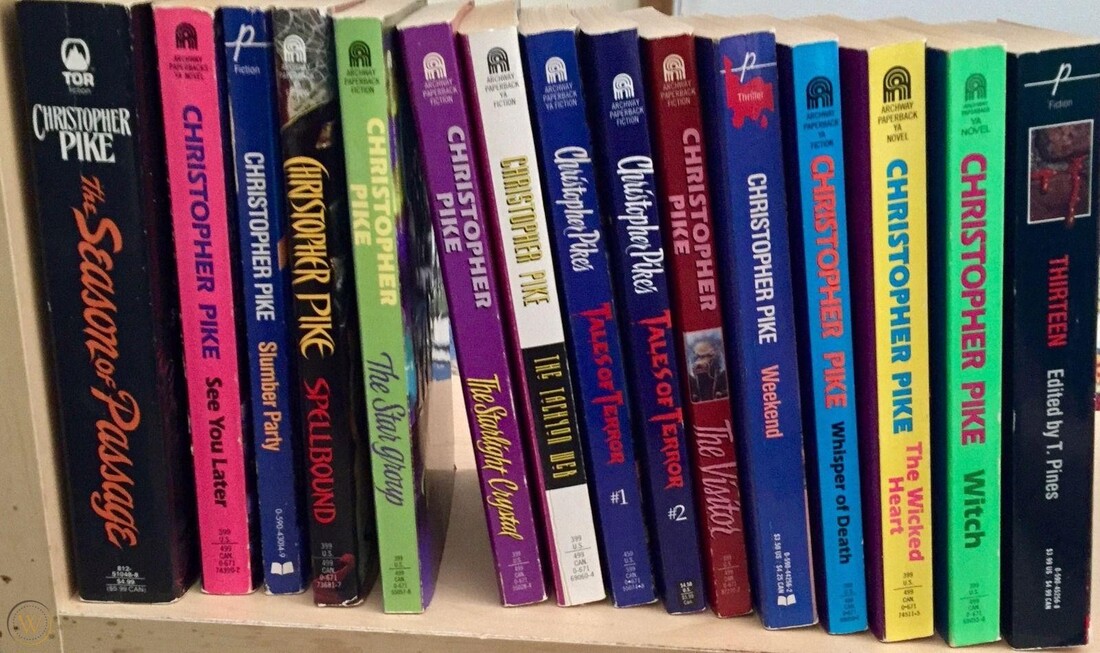
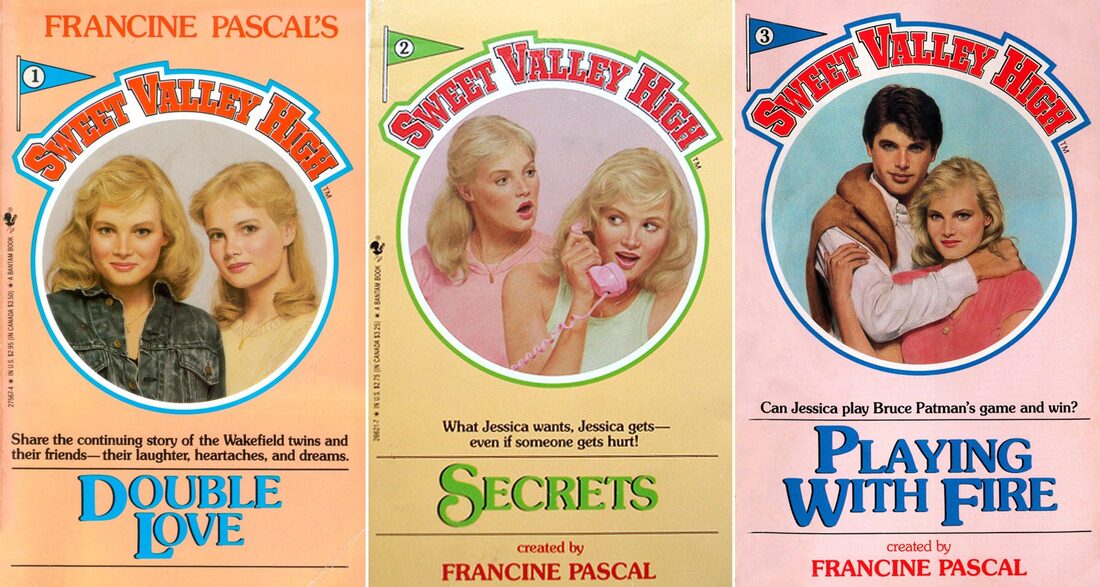
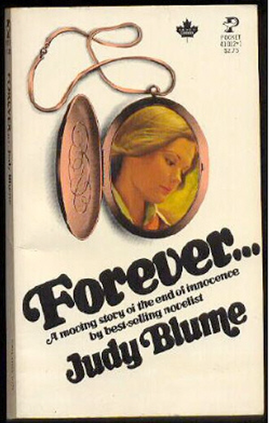
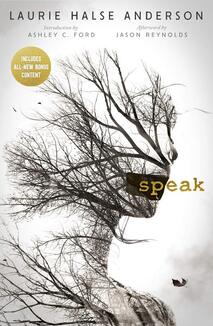
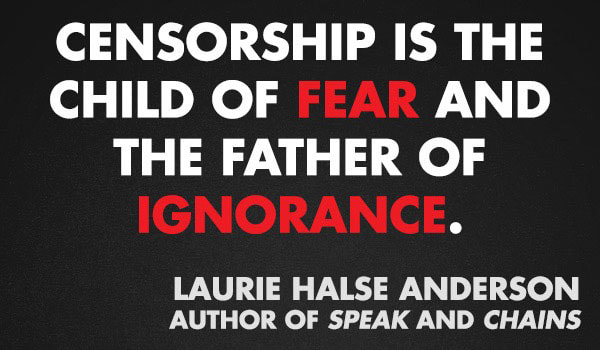
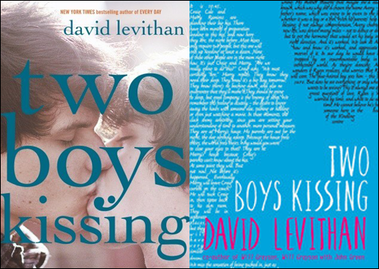
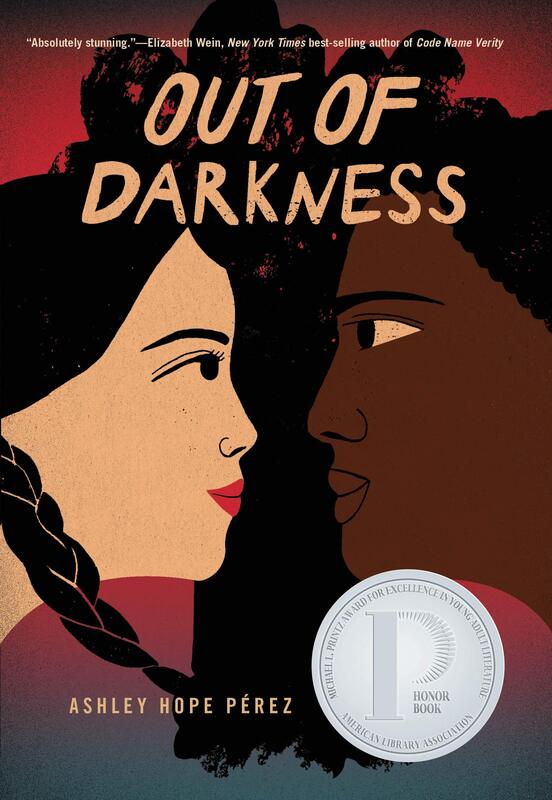

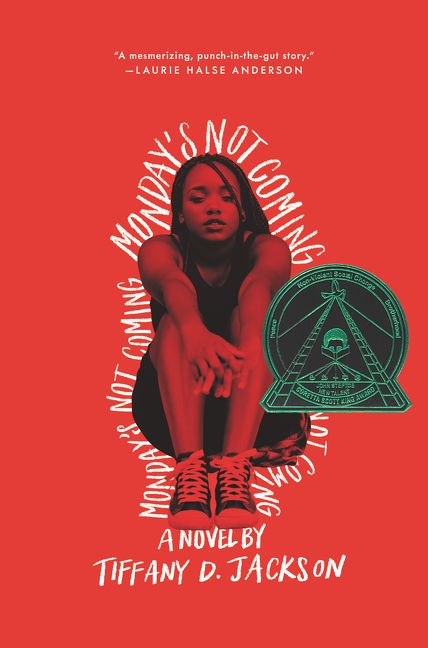
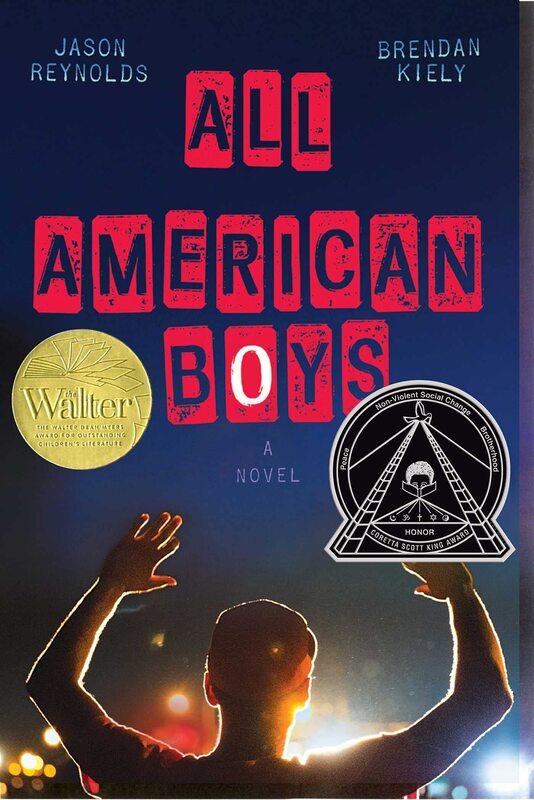
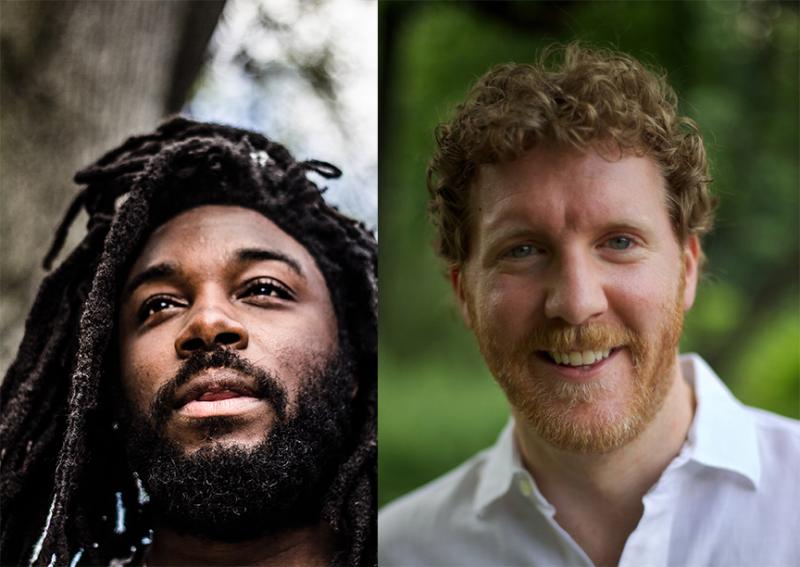



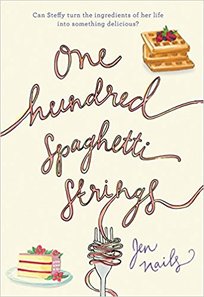
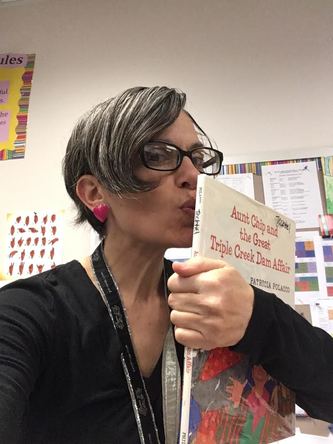
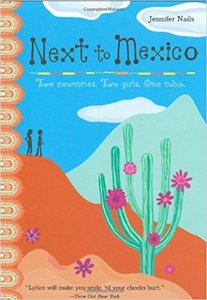
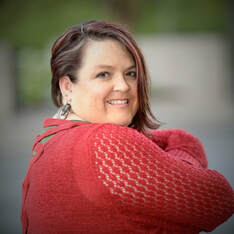


 RSS Feed
RSS Feed